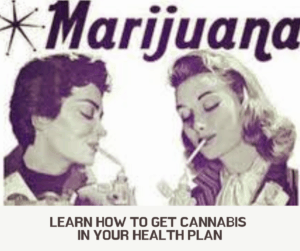

All New Yorkers should stay home as much as possible and minimize contact with others to reduce the spread of COVID-19. Sex is a normal part of life and should always be with the consent of all parties. This document offers strategies to reduce the risk of spreading COVID-19 during sex. Decisions about sex and sexuality need to be balanced with personal and public health. During this extended public health emergency, people will and should have sex. Consider using harm reduction strategies to reduce the risk to yourself, your partners, and our community.
Yes! Here are some tips for how to enjoy safer sex and reduce the risk of spreading COVID-19.
If you do have sex with others outside of your household, have as few partners as possible and pick partners you trust. Talk about COVID-19 risk factors, just as you would discuss PrEP, condoms, and other safer sex topics. Ask them about COVID-19 before you hook up.

For the latest information, visit nyc.gov/health/coronavirus or cdc.gov/covid19. For real-time
updates, text “COVID” to 692-692. Messages and data rates may apply.
The NYC Health Department may change recommendations as the situation evolves. 6.8.20
Also, search California Health and COVID 19
Affiliate can only market to states where Novus MedPlan is licensed. Provider and Members can only sign up in states where Novus MedPlan is licensed. Any technical issues please contact info@getnovusnow.com Copyrights © 2024 Novus Acquisition & Dev. All rights reserved
